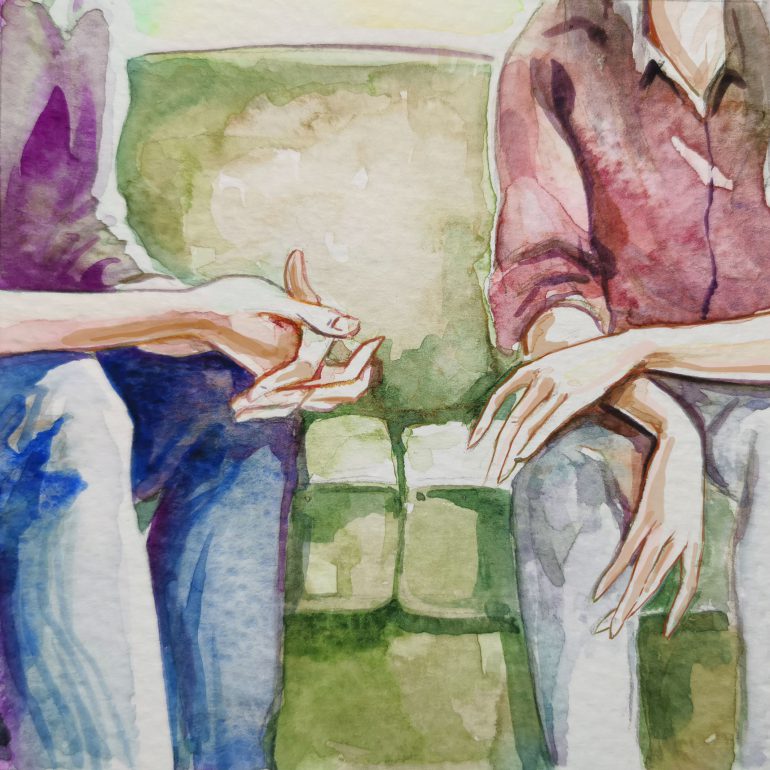Therapy comes from the Greek word for ‘healing’ and this sums up how I feel about the process: whether it’s called ‘counselling’ or ‘psychotherapy’, it’s about healing a problem in life. Sometimes it’s about addressing and resolving a specific problem, other times it’s about a general or more deep-rooted issue. But whatever it is, you have to heal before you can flourish. Life happens – we all face challenges and difficulties at some point or another. What matters is not just what happens to us but how we make sense of it and how we deal with it. The choice to have therapy is about dealing with it. It shows strength and resilience.
I am trained in attachment-based psychoanalytic psychotherapy. This kind of therapy involves talking about, trying to understand, and sometimes challenge, our behaviours, thoughts and feelings, especially the ones that we might not be so aware of – particularly in our close relationships. Science shows that so much of what we do in our relationships, and daily life in general, is unconscious. Therapy helps you to reflect, to bring things into conscious awareness – because you can’t change something in your life that you’re not aware of. Without awareness, you’ll naturally deal with situations in the future as you have done in the past and you’ll repeat painful patterns.
The type of therapy I practice is also referred to as ‘psychodynamic’, which is really what it says on the tin – our psychology is dynamic. We change in relation to our experiences, especially the ones we have early in life. It’s our relationship experiences however that have the most powerful effect on us throughout our entire lives. That’s why in attachment-based therapy the relationship that develops between us is a really important part of the process – you’re not just doing it by yourself, we work together on your difficulties.


